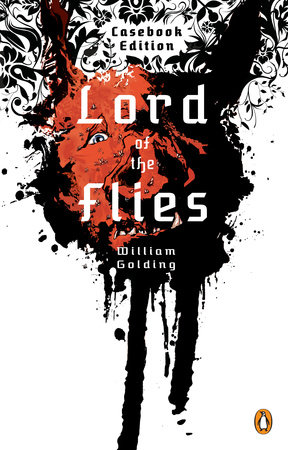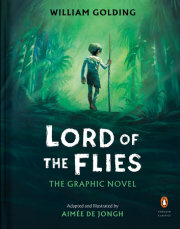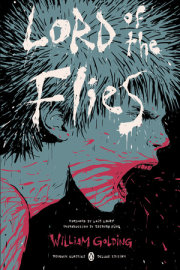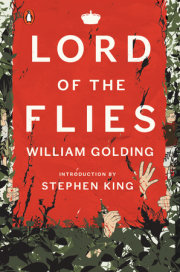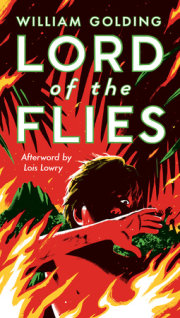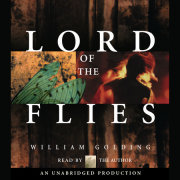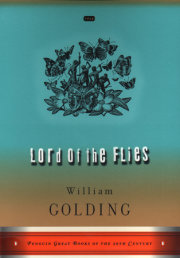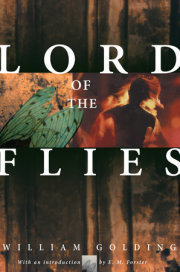Lord of the Flies
Arthur P. Ziegler, Jr.Foreword
James R. Baker
Introduction
William Golding
Lord of the Flies
James Keating-William Golding
Purdue Interview
Frank Kermode-William Golding
The Meaning of It All
Frank Kermode
The Novels of William Golding
E. M. Forster
An Introduction to "Lord of the Flies"
Donald R. Spangler
Simon
Carl Niemeyer
The Coral Island Revisited
J. T. C. Golding
A World of Violence and Small Boys
John Peter
The Fables of William Golding
Ian Gregor & Mark Kinkead-Weekes
An Introduction to "Lord of the Flies"
William R. Mueller
An Old Story Well Told
Thomas M. Coskren
Is Golding Calvinistic?
Claire Rosenfield
Men of a Smaller Growth
E. L. Epstein
Notes on "Lord of the Flies"
Time
Lord of the Campus
A Checklist of Publications Relevant to "Lord of the Flies"

